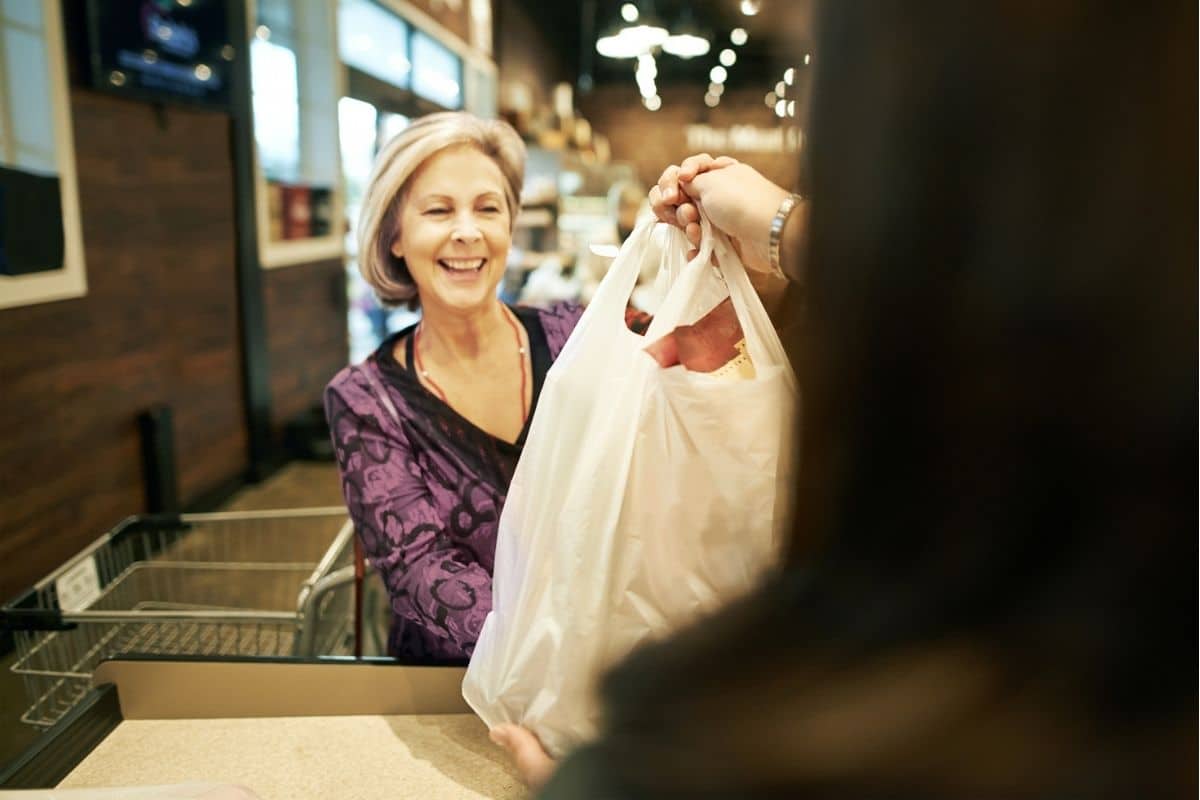

It may – unintentionally – lead to the sale of more plastic bags.
In an effort to reduce the amount of plastic waste, all free plastic bags were banned from January 1, 2016. This meant that shopkeepers were no longer allowed to give free plastic bags. While these policies were made out of good intentions, a new study now shows that the ban may have a surprising counterproductive effect.
Reuse
According to the researchers, reuse was not taken into account when drawing up the policy. Although plastic shopping bags are seen as a single-use product, it often appears that they are given a second life, for example as waste bags in small pedal bins. Because fewer plastic bags are now being handed out, people are looking for alternatives. And that means they are now buying small plastic garbage bags.
Study
In the new study, the researchers measured the sale of plastic garbage bags in U.S. districts where plastic bag bans or surcharges are in effect. They then compared these results with other districts without such policies. The findings show that in the districts with the ban on free plastic bags, sales of 15 liter garbage bags increased by 55 to 75 percent. Sales of 30 liter garbage bags even rose by 87 to 110 percent. In contrast, sales of larger 50-litre garbage bags – the size often used in kitchen wastebaskets – remained unchanged. “This underlines once again that plastic shopping bags often get a second life,” said researcher Yu-Kai Huang.
Unintended Consequences
The findings from the study show that the ban on free plastic bags actually stimulates the sale of other plastic bags. “It is important for policymakers to understand the unintended consequences of a ban before they are implemented,” Huang said. “If people reuse the free plastic bags in their bins, it could also affect overall usage.”
Less plastic
However, the findings do not necessarily mean that the plastic bag ban is ineffective. In fact, if a store spends at least 326 plastic carrier bags a day – about 9,769 a month – the ban would ultimately lead to less plastic ending up in landfill. Moreover, plastic bags lying around often cause problems. For example, they are regularly dumped and they roam around in nature for years. Sometimes they are partly eaten by animals or end up in water where marine animals get trapped and drown. It also regularly happens that the plastic bags are incinerated during waste processing, which in turn leads to air pollution.
In the Netherlands, too, all consumers together used about 3 billion plastic bags every year. By means of the ban, an attempt has been made to combat waste on the streets and in the sea and to prevent the waste of raw materials. However, current research shows that overall plastic bag consumption may not be reduced as much as hoped. “Whether or not the free shopping bags provided are reused is a key to determining the overall effectiveness of the policy,” concludes Huang.
Source material:
†Plastic bag bans may drive other bag sales” – University of Georgia
Image at the top of this article: Getty images via University of Georgia